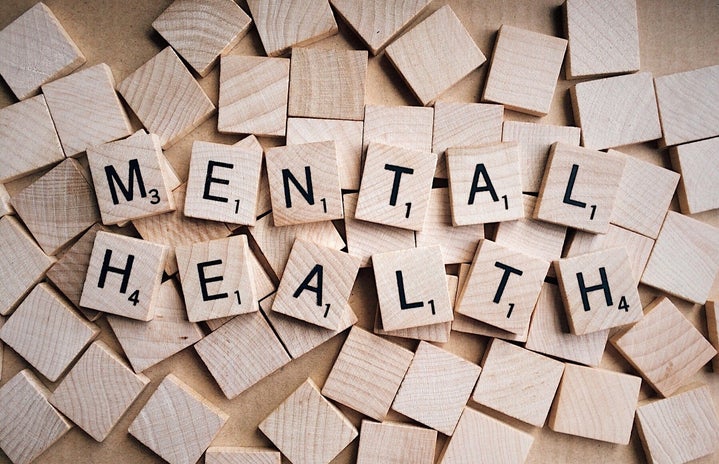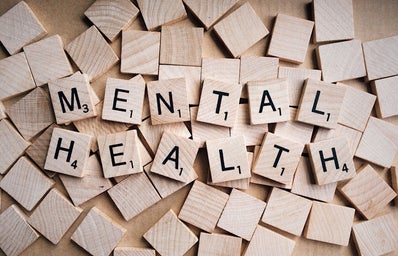In modern times, mental health is becoming a more open subject. Many people are becoming aware of the difficulties of bad mental health and are showing an understanding and compassion towards those struggling with it. However, while mental self-care is now viewed as trendy and ‘aesthetic’, many people have still missed the mark with their understanding of the complexities of mental health.
While a person’s mental health is more than just meets the eye, mental health still seems to be solely viewed as depression and anxiety. Other mental disorders, often seriously misunderstood, are still being left in the dark. Bipolar disorders, Psychotic Disorders and Obsessive-Compulsive Disorders are just a few mental disorders that are often underrepresented or are entirely misrepresented.
We have all heard of that person who has described themselves as “so OCD” because they like to organise their closet by colour, or that person who is said to be acting “so bipolar” because they are being moody. While these expressions may seem harmless to those unaffected by mental disorders, to those that suffer; it is frustrating.
By referring to mental health disorders as adjectives, you are essentially taking away the meaning of these disorders and downplaying their difficulties. Having OCD does not necessarily mean that you like to clean/organise things. It is so much more complex and difficult than that. OCD consists of irrational obsessions, as well as mental and physical compulsions that often have nothing to do with cleanliness. To an outsider these compulsions can be viewed as crazy but, to an OCD sufferer, they are performed out of deeply rooted anxiety and ongoing obsessions. These obsessions can range anywhere from fear of contamination to fear of harming others.
Alegra Kastens – a therapist and OCD activist, explains the negative consequences of misunderstanding Obsessive Compulsive Disorder. Having created an Instagram account aimed at clearing up the misconceptions of OCD, she also has designed a range of cute hoodies all printed with the slogan “OCD is not an adjective.” Her infographics are informative and helpful in understanding what OCD is really about: the difficulties, the treatments and anything else in between. Her realistic approach is not aimed at curing OCD but, rather to help sufferers learn about the disorder and help them coexist with it.
People with mental disorders are often represented in films and on television as villainous and evil, when in reality they are sufferers and should be treated with compassion, just as one would treat a physical illness. Mental health is more than depression and anxiety, it is scary and complex; and by describing them as adjectives, it trivialises the struggles of those suffering.


